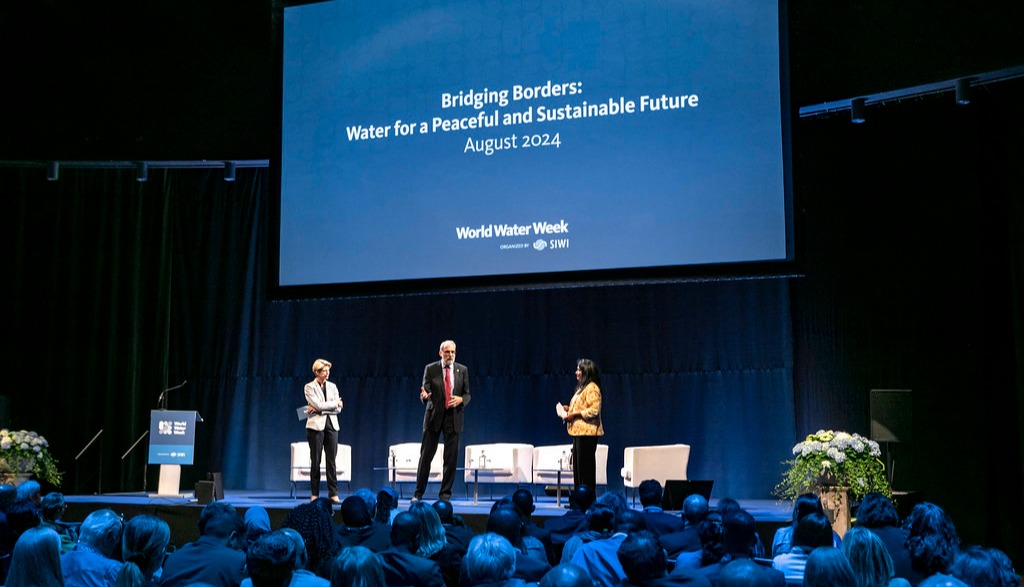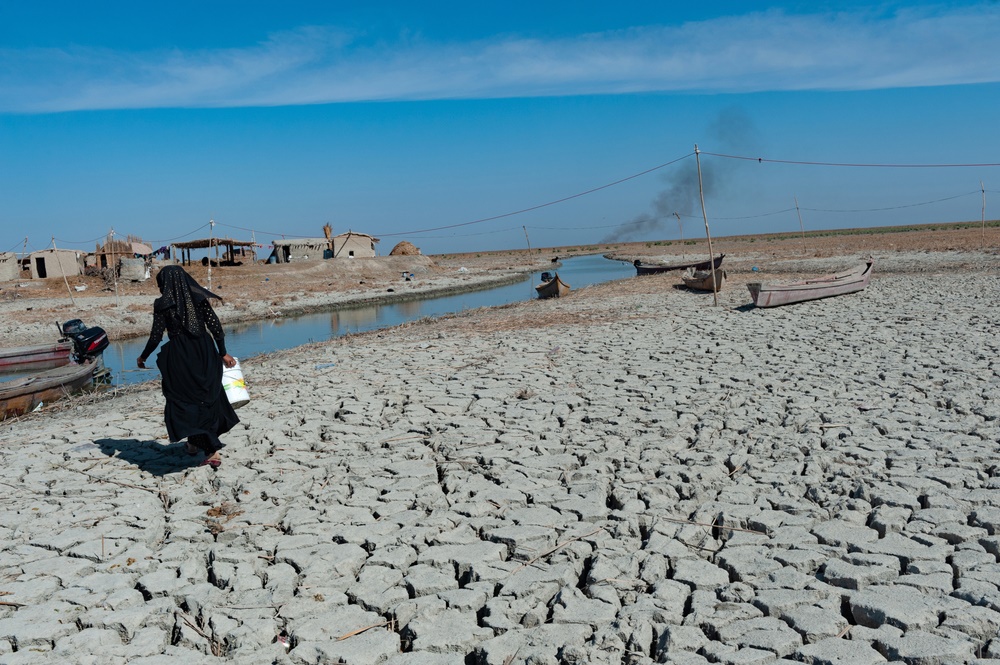World Water Week to highlight link between water resources and peace
Finland will have a prominent role in the programme session on water disputes and mediation in World Water Week in Stockholm on 25–29 August. Finland is for the first time a key collaborating partner of the event. World Water Week’s programme offers meeting opportunities for both water experts and members of the public interested in the root causes of and solutions to water disputes. Several sessions can also be followed remotely.

Why do we need water diplomacy?
“Water is one foreign and security policy instrument for solving global challenges through cooperation. Water diplomacy is a means to promote peace, security and long-term sustainability around the world,” says Antti Rautavaara, Special Envoy for Water at the Ministry for Foreign Affairs.
A veteran of the World Water Week, Rautavaara says that he participated in the event already in the late 1990s as a student when Water Week was still a small happening for experts. In thirty years, Water Week has grown in scale and scope of topics, and it has become one of the world’s most important events in the water sector.
“Transboundary waters and their management is a key theme of the upcoming Water Week. Countries and local communities that share water resources such as rivers, lakes and groundwater have much to gain from managing them jointly. By working together, it is possible to increase long-term resilience in an era of growing water stress, rising global temperatures and increased geopolitical tensions,” says Rautavaara.

Governments practise protectionism in water issues
The geopolitical landscape has changed rapidly, and in recent years, armed conflicts have caused increased damage to the environment. Even Finland is no longer an island separate from the water crisis.
Water is increasingly often the strategic goal and reason behind conflicts, and water can also be used as a weapon in conflicts. Rautavaara takes as an example Russia’s invasion of Ukraine and the fighting in Mariupol where civilians were left without water; the extremely wide-ranging environmental damage caused by the collapse of the Kakhovka dam; and the recent events in the Gaza Strip in Palestine.
Protectionism related to shared water resources has become an increasingly integral part of the countries’ security policy and balancing act with their regional neighbours.
“In Finland’s view, the parties share the responsibility for improving the management of shared water resources. This will benefit all parties in terms of both water and other regional issues, including energy, agriculture and trade. Finland’s active involvement in this theme is not a coincidence. Finland has initiated both international water conventions. The UNECE Water Convention, which is more active and global, was adopted in Helsinki, and it is often referred to as the UNECE Helsinki Water Convention,” says Rautavaara.